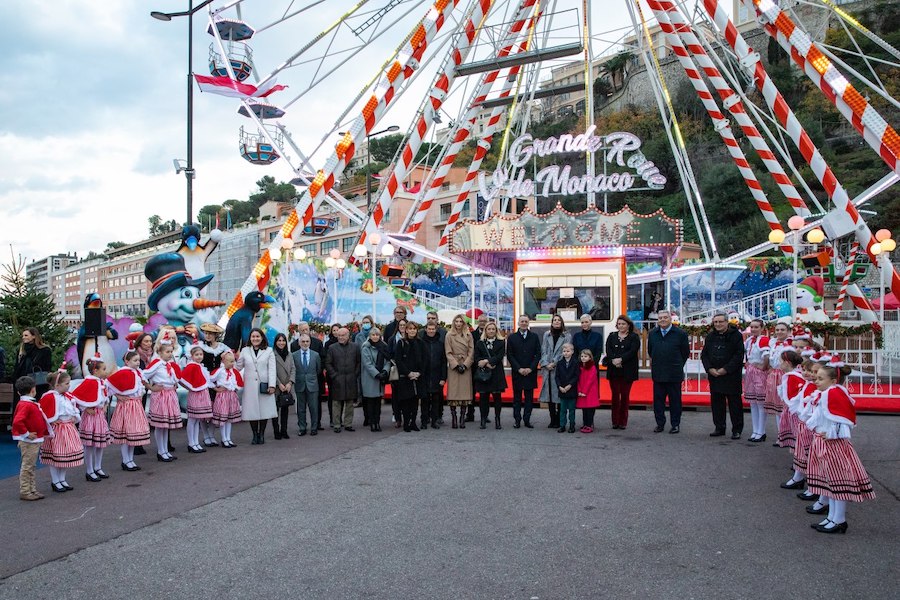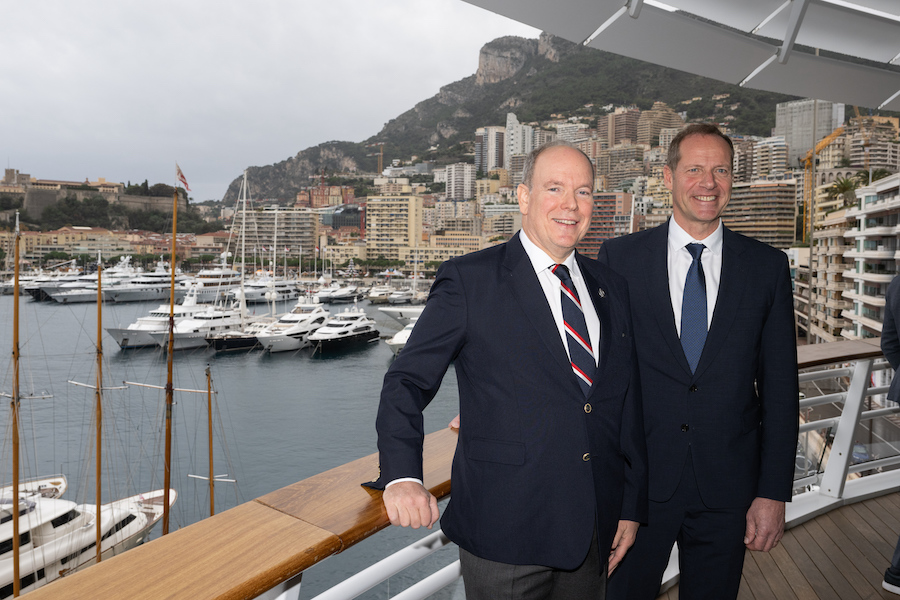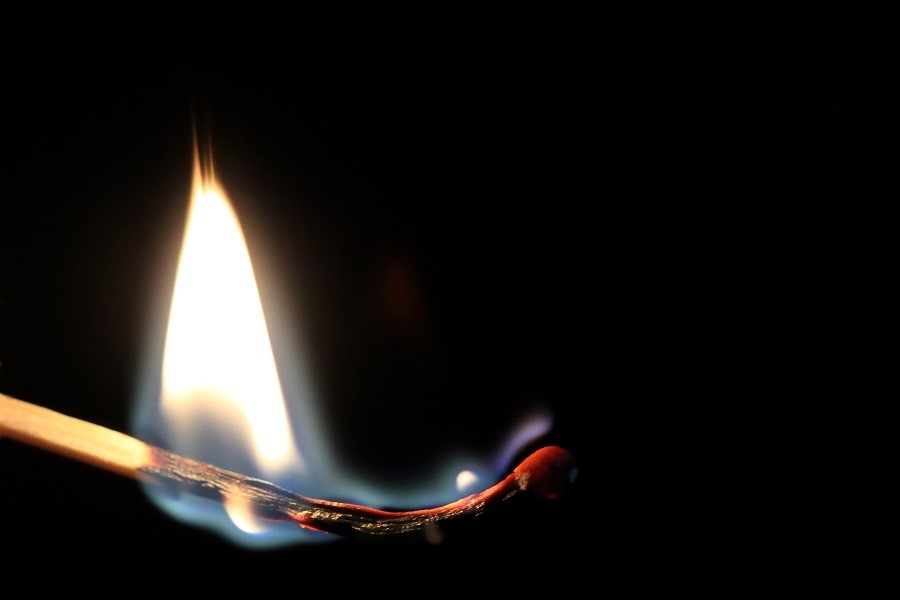All of AS Monaco’s six World Cup internationals made it through to the knockout stages of the tournament in Qatar, as Breel Embolo once again proved decisive for Switzerland.
Takumi Minamino’s progression with Japan was perhaps the most dramatic. The Monaco forward didn’t feature in the side’s crucial third group game against Spain; Japan did nonetheless progress. Few would have given them a chance heading into the match, with Spain coming into the game off the back of a draw against Germany and a 7-0 win against Costa Rica. However, after going behind, Japan produced a stunning second-half comeback to progress to the knockout stages.
Breel Embolo was also part of a dramatic group stage progression with Switzerland. The striker scored an emotional goal against his country of birth in the opening game of the tournament and was once again on the scoresheet on Friday. The former Borussia Mönchengladbach striker dragged his side back into the game against Serbia before his side went on to claim a stunning and tense 3-2 win. Switzerland will face Portugal in the round of 16.
Monaco’s Lions of Teranga both progressed. The Senegalese duo of Ismaïl Jakobs and Krépin Diatta secured qualification for their side. Whilst Diatta didn’t feature in the decider against Ecuador, Jakobs was on from the start. The former FC Köln left-back has struggled for game time at Monaco due to being in direct competition with Caio Henrique, but he has been one of Senegal’s most impressive and consistent performers at this tournament. His change of international allegiance from Germany to Senegal was only completed hours before the beginning of the World Cup, but he has quickly cemented his place in Aliou Cissé’s side. Senegal next face England in the round of 16.
Finally, Axel Disasi and Youssouf Fofana both started for France in their final group game against Tunisia. For the former, it was a Les Bleus debut, and whilst it will be a moment that lives in the memory of the former Reims centre-back, it won’t necessarily be remembered for what happened on the pitch.
Didier Deschamps’ heavily rotated side suffered a shock defeat to Tunisia, but that wasn’t enough to deny them top spot. They will face Poland in the next round.




